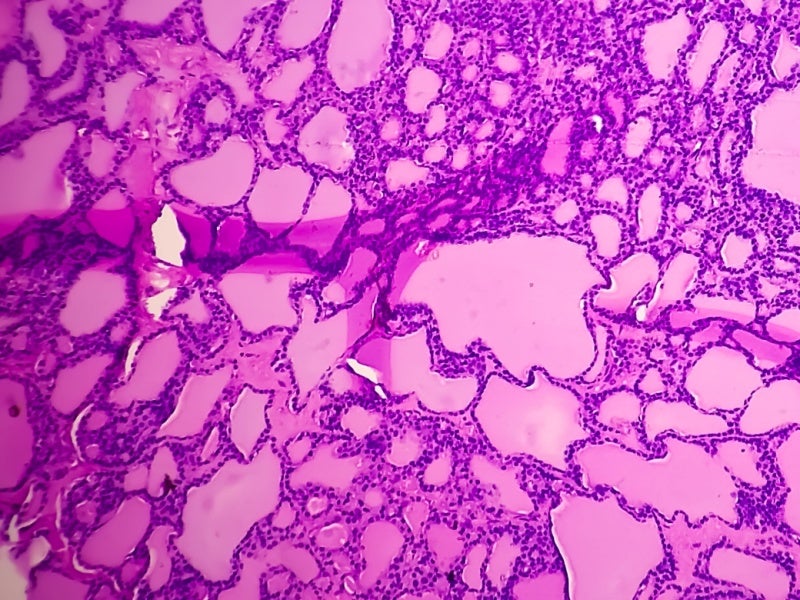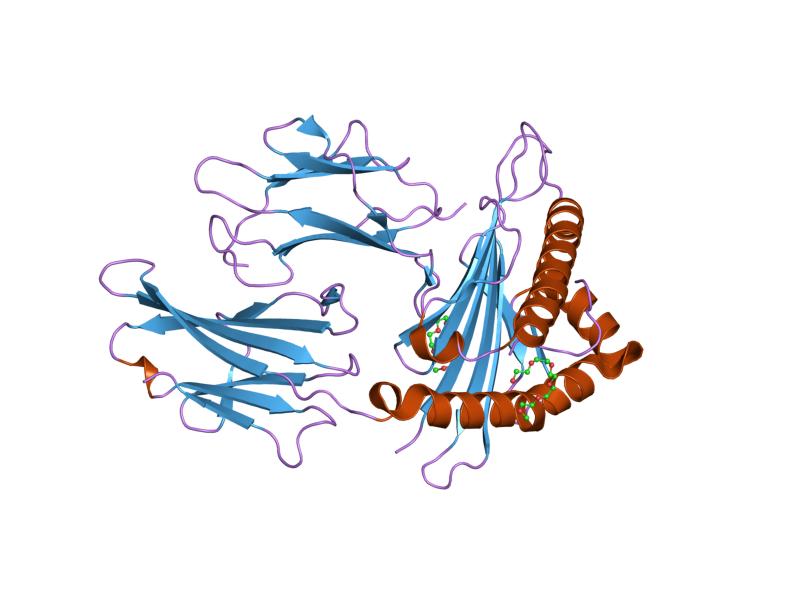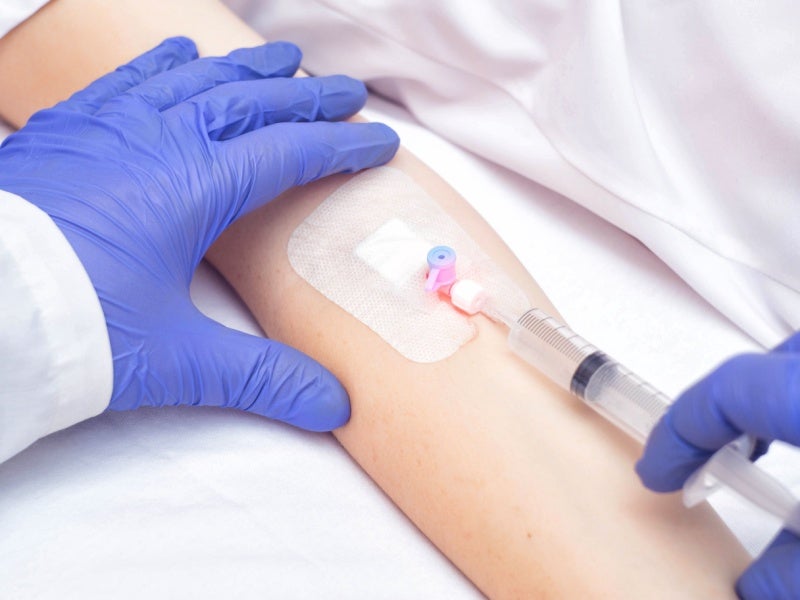TECELRA® (afamitresgene autoleucel) is an autologous T-cell immunotherapy indicated for adults with unresectable or metastatic synovial sarcoma who test positive for specific human leukocyte antigen (HLA) types and have undergone prior chemotherapy.
It was developed by Adaptimmune Therapeutics, a biopharmaceutical company based in the UK.
TECELRA involves a one-time infusion treatment that harnesses the patient’s own immune cells to identify and target their cancer cells.
Adaptimmune has partnered with the US-based pharmaceutical company Agilent Technologies to develop, manufacture and supply the melanoma-associated antigen (MAGE)-A4 IHC 1F9 pharmDx (SK032), a companion diagnostic for the MAGE-A4 biomarker, to identify patients with synovial sarcoma eligible for the TECELRA treatment. The assay was approved by the US Food and Drug Administration (FDA) in August 2024.
Furthermore, Adaptimmune has collaborated with Thermo Fisher Scientific, a US-based biotechnology company, to broaden the labelling of Thermo Fisher’s companion diagnostic product, the SeCore™ CDx HLA-A Locus Sequencing System. This expansion includes TECELRA to facilitate the identification of HLA-positive patients with synovial sarcoma.
The FDA awarded de novo classification to Thermo Fisher’s assay in December 2022.
TECELRA® is a cell suspension for intravenous infusion. It comes in one or more infusion bags containing 2.68 x 109 to 10 x 109 MAGE-A4 T-cell receptor (TCR) positive T cells.
Regulatory approvals for TECELRA
In August 2024, the FDA granted accelerated approval to TECELRA, marking a significant milestone as the first US-approved engineered cell therapy for solid tumour cancer and the first novel therapy option for synovial sarcoma in more than a decade.
The FDA accepted the biologics licence application (BLA) for TECELRA for priority review in January 2024, following the company’s completion of a rolling BLA submission in December 2023.
The drug also holds regenerative medicine advanced therapy and orphan drug designations from the FDA.
Afamitresgene autoleucel (afami-cel) received orphan designation from the European Commission for the treatment of soft tissue sarcoma in June 2020.
Synovial sarcoma causes and symptoms
Synovial sarcoma, also referred to as malignant synovioma, is a rare form of soft tissue cancer predominantly affecting young adults.
The malignancy typically arises in soft tissues such as muscles and ligaments, frequently occurring in the arms, legs, near wrists and in joints. Occasionally, it may develop in the soft tissues of the lungs or abdomen.
Often diagnosed in males, synovial sarcoma constitutes 5% to 10% of all soft-tissue tumours. In the US, the annual incidence rate is one to two cases per million people.
Around one-third of patients are diagnosed with the disease before reaching the age of 30.
The symptoms of synovial sarcoma vary depending on the location of the tumour, with the most common being a painless lump. If the tumour grows near a nerve, it can cause pain leading to numbness as it gradually enlarges.
TECELRA’s mechanism of action
TECELRA is a MAGE-A4-directed genetically modified, engineered TCR therapy. It comprises T cells that are positive for both clusters of differentiation (CD)-4 and CD8. These cells have been transduced with a self-inactivating lentivirus vector to present an affinity-enhanced TCR specific to human MAGE-A4 on their surface.
The TCR is designed to recognise a MAGE-A4 peptide that is restricted by HLA-A*02. MAGE-A4 is a cancer-testis antigen found intracellularly, exhibiting limited expression in normal tissues while being present in synovial sarcoma.
Activation of TECELRA is antigen-specific and occurs through TCR-peptide-HLA-A*02 complex. This activation leads to T-cell proliferation, secretion of cytokines and the targeted destruction of synovial sarcoma cells expressing both MAGE-A4 and HLA-A*02.
The company’s innovative Specific Peptide Enhanced Affinity Receptor (SPEAR) T-cell platform allows for the development of SPEAR T-cells targeting MAGE-A4 across various solid tumours.
Clinical trials of TECELRA
The approval of TECELRA was based on the outcomes of the Phase II SPEARHEAD-1 (Cohort 1) clinical trial.
SPEARHEAD-1, a multi-centre, single-arm, open-label trial, evaluated the efficacy, safety and tolerability of TECELRA in individuals with advanced synovial sarcoma or myxoid/round cell liposarcoma (MRCLS).
The trial recruited HLA-positive patients with inoperable or metastatic synovial sarcoma who had previously undergone systemic therapy with doxorubicin and/or ifosfamide and whose tumours exhibited MAGE-A4.
The trial enrolled 90 patients, 45 each in Cohorts 1 and 2.
44 patients with advanced synovial sarcoma were administered a single dose of TECELRA® following lymphodepleting chemotherapy involving cyclophosphamide and fludarabine.
The primary endpoint was the overall response rate (ORR), substantiated by the duration of response (DoR).
Treatment with TECELRA yielded an ORR of 43%, with a complete response rate of 4.5%. The median response duration was six months.
39% of the patients who responded to the treatment experienced a response duration of 12 months or more.
The most frequently reported adverse events among the patients included cytokine release syndrome, nausea, fatigue, infections, pyrexia, dyspnoea, abdominal pain, non-cardiac chest pain, decreased appetite, tachycardia, hypotension, diarrhoea and oedema.





